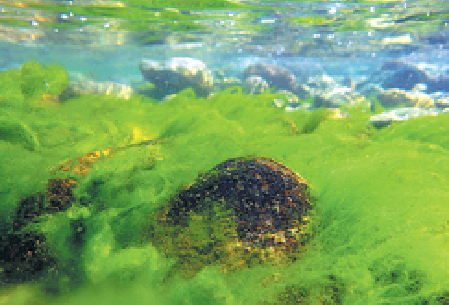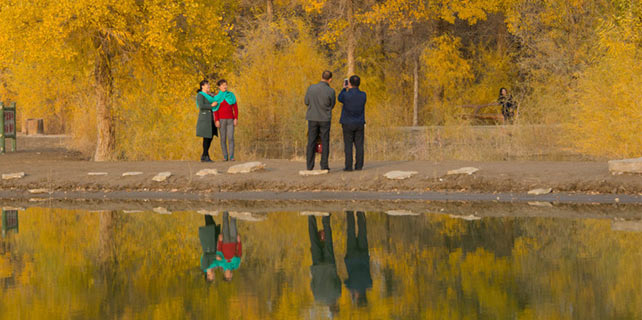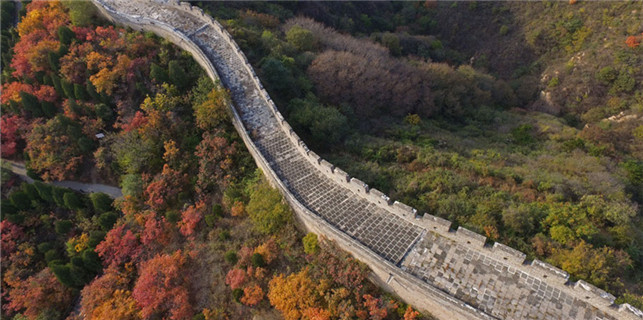World's deepest lake in peril, scientists warn
 |
|
Spirogyra algae in the waters of Lake Baikal in 2015. OLEG TIMOSHKIN / RUSSIAN ACADEMY OF SCIENCES VIA AFP |
MOSCOW - Lake Baikal is undergoing its gravest crisis in recent history, experts said, as the government bans the catching of a signature fish that has lived in the world's deepest lake for centuries but is now under threat.
Holding one-fifth of the world's unfrozen fresh water, Baikal in Russia's Siberia is a natural wonder of "exceptional value to evolutionary science" meriting its listing as a World Heritage Site by UNESCO.
Baikal's high biodiversity includes more than 3,600 plant and animal species, most of which are endemic to the lake.
Over the past several years, however, the lake, which is 1,700 meters deep and a major international tourist attraction, has been crippled by a series of detrimental phenomena, some of which remain a mystery to scientists.
They include the disappearance of the omul fish, rapid growth of putrid algae and the death of endemic species of sponges across its vast 3.2 million-hectare area.
Starting in October, the government introduced a ban on all commercial fishing of omul, a species of the salmon family only found in Baikal, fearing "irreversible consequences for its population", said the Russian fisheries agency.
"The total biomass of omul in Baikal has more than halved since 15 years ago" from 25 million tons to just 10 million, the agency said.
Local fishery biologist Anatoly Mamontov said the decrease is likely caused by uncontrollable fish poaching, with extra pressure coming from the climate.
"Baikal water stock is tied to climate," he said. "Now there is a drought, rivers grow shallow, there are less nutrients. Baikal's surface heats up and omul does not like warm water."
UNESCO last month "noted with concern that the ecosystem of the lake is reported to be under significant stress" and a decrease in fish stocks is just one observable effect.
The Baikal omul, a well-known specialty, was for centuries the main local source of food, eaten salted or smoked, and especially important given the region has no farming.
Another peril to the lake's ecosystem is the explosion of algal blooms unnatural to Baikal with thick mats of rotting Spirogyra algae blanketing pristine sandy beaches, which some scientists say indicates that the lake can no longer absorb human pollution without consequence.
"I am 150 percent sure that the reason is the wastewater runoff" from towns without proper sewage treatment, particularly of phosphate-containing detergents, said Oleg Timoshkin, biologist at the Russian Academy of Sciences' Limnological Institute in Irkutsk.
Fifteen years ago, some of the lake's picturesque villages had only two hours of electricity a day, but now improved power access means that "every babushka rents out rooms and has a washing machine," he said.
Agence France-presse
















